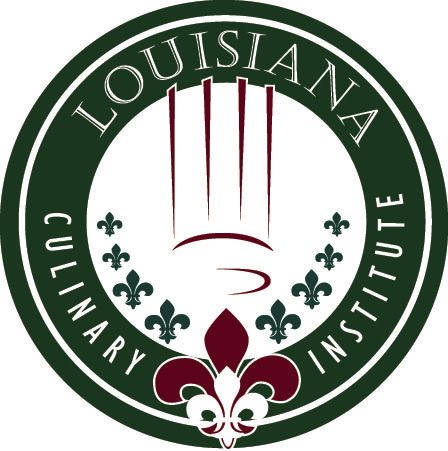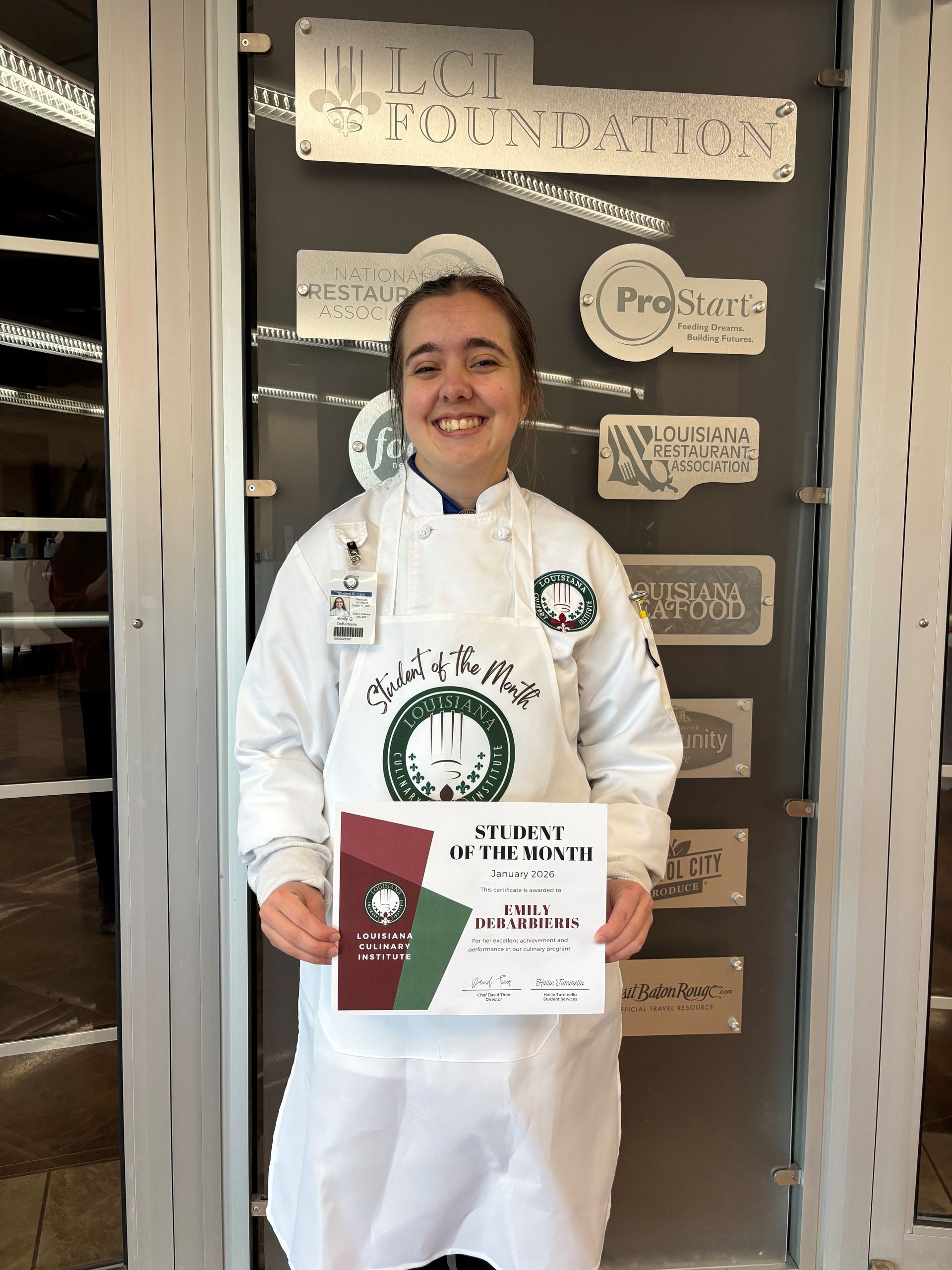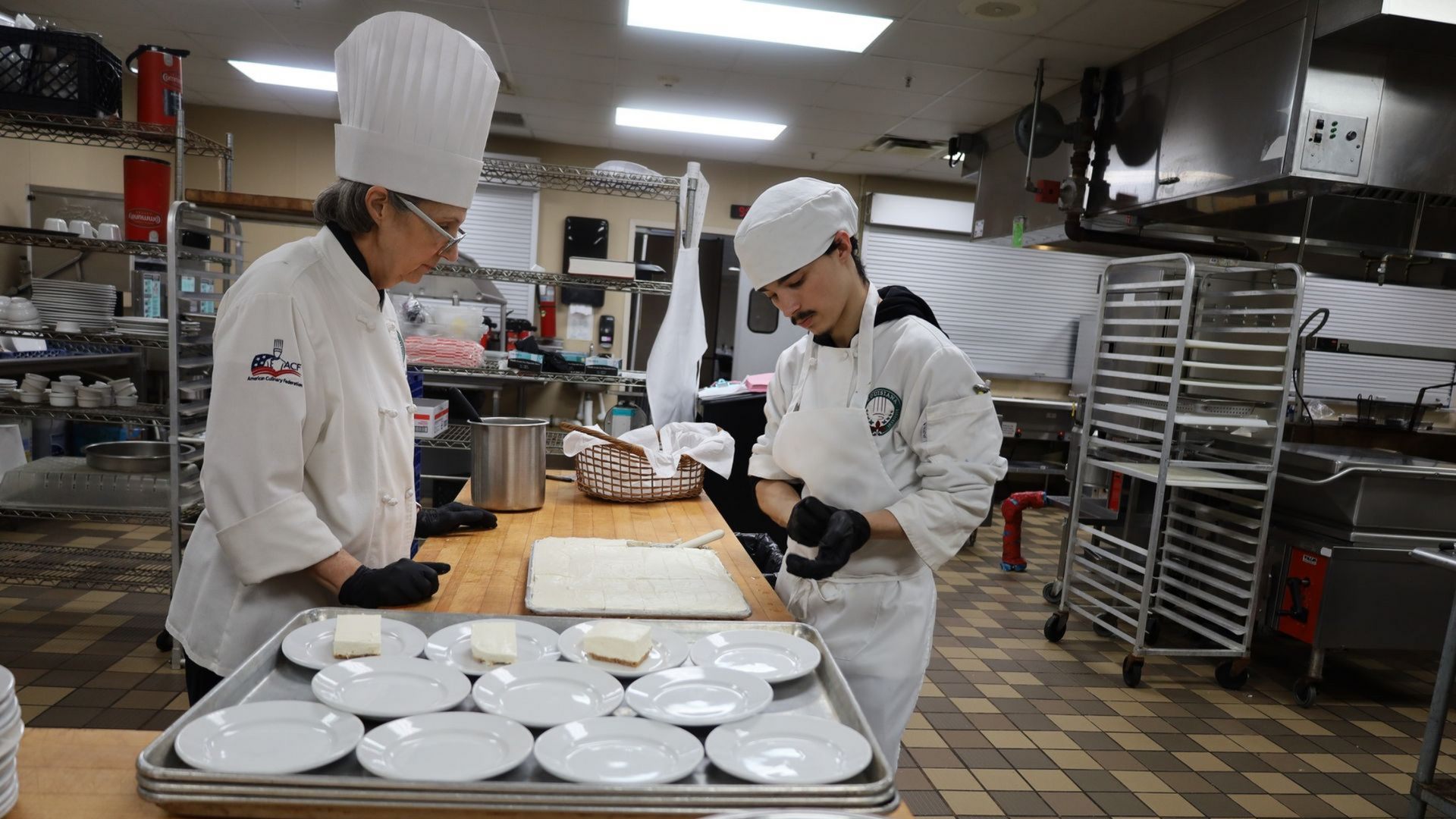Financial Aid for Culinary School: Paying for Your Culinary Career
The world of the culinary arts has opened doors to some of the most creative minds around. Working in the culinary field has many benefits. The skills you develop are applicable in the real world. Moreover, those skills are applicable anywhere in the world, providing the opportunity to travel, and to tap into your creativity as cooking is as much of an art as it is a science. A culinary degree also gives you the chance to follow your passion, allowing you to earn a living doing what you love through a number of different outlets.
However, in order to get to where you want to be, you’ll need to invest in the education that will make it possible to succeed. While the world’s best chefs are often treated like rock stars, even the biggest rock stars needed guitar lessons to get started. That means culinary school. Even though the thought of investing in culinary school may seem financially daunting, there are options to make it easier. Here are four ways to financially make your culinary school dreams come true.
Federal Grants and Scholarships for Culinary School
The Free Application for Federal Student Aid is a great first step for anyone looking to pursue an education. FASFA can be completed online through your institution’s website or on the FASFA website. The purpose of FASFA is to determine eligibility for grants, loans, and work-study funds for those attending college or career school.
Outside Grants and Scholarships for Culinary School
If students find themselves without any federal aid after submitting the FASFA form, there is still hope. Many schools offer a resource page where students can apply for scholarships from outside organizations. There are many businesses and clubs that provide scholarships to students seeking higher education who fall short financially. The National Restaurant Association is a great resource that provides merit-based scholarships to undergraduate students pursuing degrees related to the restaurant industry.
Loans for Culinary School
Loans are another good option for students who cannot fully cover the cost of culinary school. Similar to scholarships and grants, loans can be obtained through the government or other outside sources. Government loans include Federal Direct Loans and Federal Direct Plus loans and can be applied for by completing a FAFSA. Outside loans, or private loans, are often provided by banks and credit unions. Private loans are often more expensive and don’t have benefits such as fixed interest rates, flexible repayment plans, or loan forgiveness like federal loans.
It has often been said that “if you love what you do, you’ll never work a day in your life.” Pursuing a career in the culinary arts can put you on that path of doing what you love, and the cost of pursuing that career shouldn’t stand in the way of your dreams.


